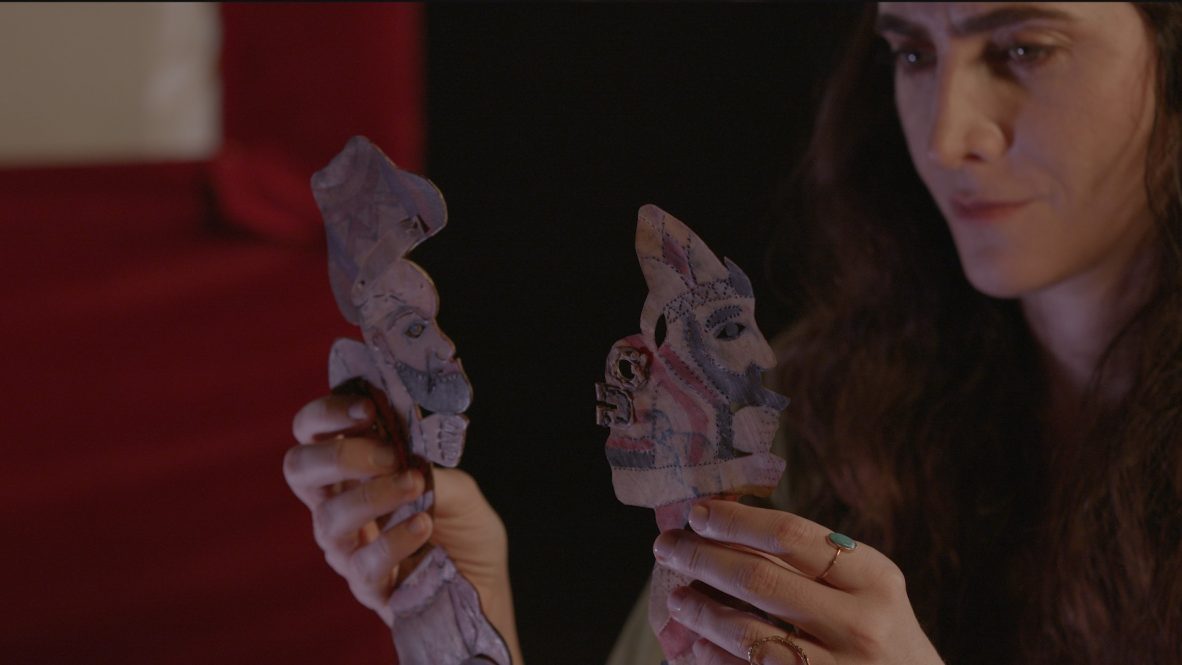Northeast Human Rights Film Festival organizers hope the impact of this week’s three-day festival at UConn extends beyond the theater experience and calls audiences to take action.
An expansion of the Human Rights Film & Digital Media Initiative established in 2020 by the leaders of the Human Rights Institute, Digital Media & Design department, and Dodd Human Rights Impact, the inaugural film festival aims to connect filmmakers, human rights advocates, and community groups with the common goal of sustained, transformational impact.
Festival Co-Director and Donna M. Krenicki Professor for Design and Digital Media Heather Elliott-Famularo, department head for Digital Media & Design, says the ideal outcome of the festival is that people will walk away afterward and feel impassioned to do more, perhaps volunteer for a community effort, lobby politicians, donate to a related organization, or participate in campaigns. The ultimate hope is to inspire and motivate people to translate their passion into action.
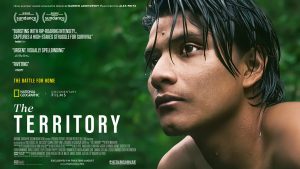
Among the festival’s full schedule of free events are screenings of: “The Territory” on Friday night, an authentic portrait of an Indigenous community’s fight to protect their ecosystem from illegal deforestation in Brazil; two films on Saturday, “Clarissa’s Battle,” the story of the fight for universal child care and early childhood education for low-income families, and “A Reckoning in Boston,” which highlights the systemic racism and economic inequities in Boston; and “Midnight Traveler” on Sunday, which shares the dangerous trek of an Afghan family as they seek refuge in Europe.
“While the films’ themes may be very different, the issues addressed are things we can all relate to. The films address a wide spectrum of human rights concerns,” says Kathryn Libal, festival co-director and Gladstein Family Human Rights Institute director/Dodd Human Rights Impact interim director. “It’s critical for us to think about what fundamental rights we have as human beings within an increasingly interconnected world.”
Elliott-Famularo explains that the films use a participatory approach to filmmaking, in which the filmmaker engages directly with the subject and reveals their role in the film, instead of using a third-person narration or standing on the sidelines.
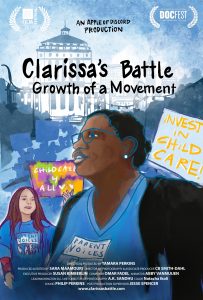
“Participatory documentary filmmaking requires a level of vulnerability by both the filmmaker and the participants in the film, who are often collaborative partners in the filmmaking process rather than passive ‘subjects.’ It also inherently reveals the power of media to invoke real change, because the audience can essentially see the film being made on screen. This happens, for example, when James Rutenbeck, director of ‘A Reckoning in Boston,’ shares that he would make an entirely different film due to the relationships he built with Carl Chandler and Kafi Dixon and when Hassan Fazali directly speaks about both his role as a filmmaker – and an asylum seeker – in ‘Midnight Traveler,’” Elliott-Famularo says.
“For filmmakers committed to impact work, building trust within communities is essential. Each of the films we selected shows how collaboration and a commitment to social change elevates a film from a documentation of events to an opportunity for continued advocacy work,” says Erica Laplante ’22 Ph.D., festival co-organizer and postdoctoral research associate at the Gladstein Family Human Rights Institute. “By pairing these films with impact events at the festival, we can further inspire action beyond the screen, through community partnerships and relationships.”
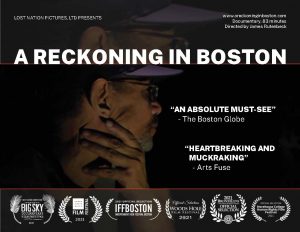
Each of the four award-winning films will be accompanied by a unique impact event, featuring the filmmaker and others connected to the project or the topic. For example, following the screening of “A Reckoning in Boston,” there will be a dinner and Encounters Dialogue, during which the community will engage in small group discussions around the issues of housing and racial justice raised in the film.
In addition to the four invited films, the festival concludes with a Sunday evening performance of the multimedia puppetry project, “Azad,” recipient of the inaugural UConn Global Affairs Digital Media Residency awarded by Global Affairs, Dodd Human Rights Impact, and the Levant Foundation.
For the residency, “Azad” writer/performer Sona Tatoyan and her crew has spent two weeks at UConn workshopping the show that uses her great-great-grandfather’s handmade Karagöz puppets to tell the story of her family, the Armenian genocide, and contemporary Aleppo. “Azad” will be performed at the Ballard Institute and Museum of Puppetry, followed by a closing reception for the festival.
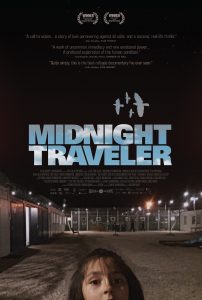
“Building on UConn’s 25-year history of human rights work and our new DMD major in film production, we have the possibility to make UConn a national leader in this kind of impact work for film and digital media,” Elliott-Famularo says. “The Northeast Human Rights Film Festival is the next step to realizing that goal.”
Find a full list of events at the Northeast Human Rights Film Festival website. Tickets are free and open to the public but must be reserved via TicketLeap. The festival is presented by the School of Fine Arts and the Gladstein Family Human Rights Institute, with generous philanthropic support from NICABM, the National Institute for the Clinical Application of Behavioral Medicine.
